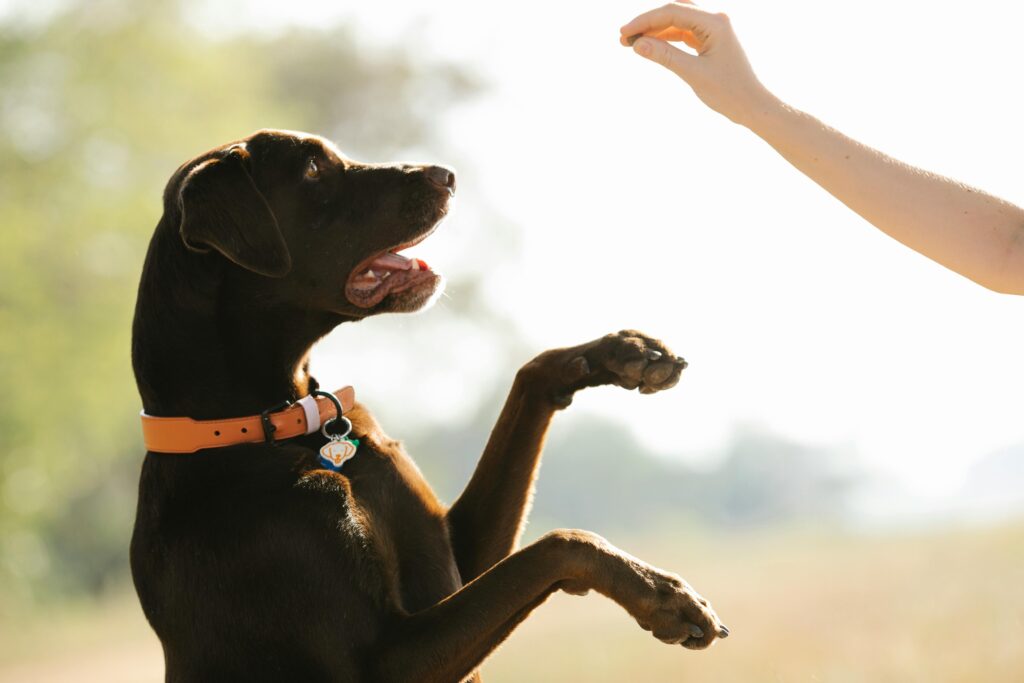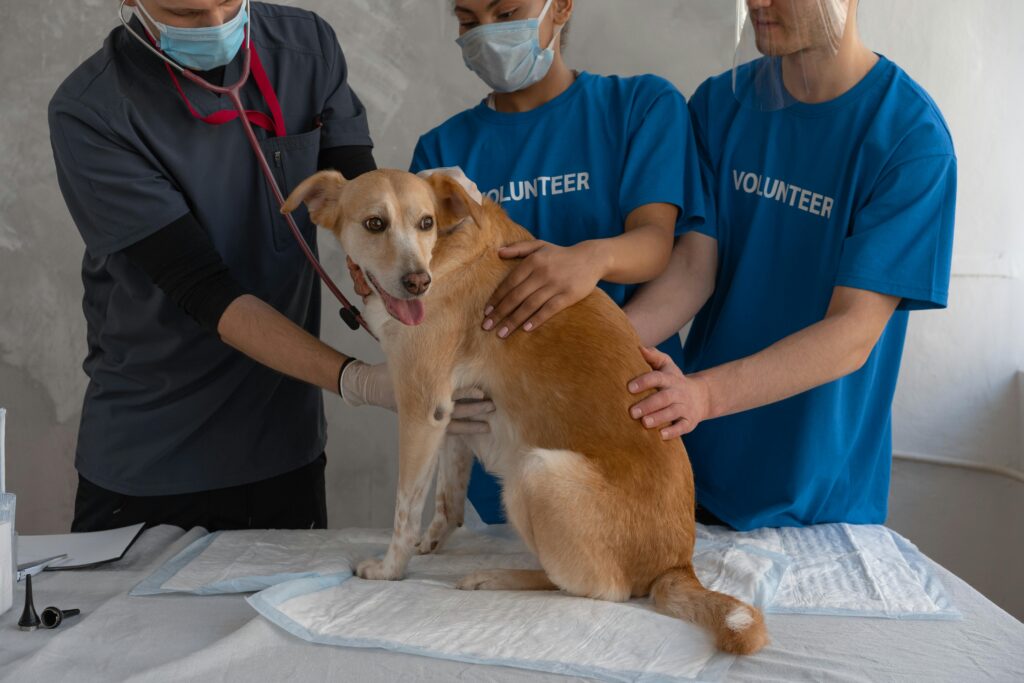
Training your puppy doesn’t have to feel like a chore. By incorporating play into your routine, you can teach important skills while keeping your furry friend engaged and happy. Play is not just about burning energy; it’s an opportunity to practice obedience training for puppies in a fun and interactive way.
This article explores how you can turn everyday playtime into effective training sessions, helping your puppy develop focus, self-control, and essential life skills.
Why Play Matters in Obedience Training for Puppies
Play is a natural way for puppies to learn about the world. It stimulates their minds, strengthens their bond with you, and reinforces positive behavior. Using play as a training tool offers several benefits:
- Builds trust: Fun, positive interactions make your puppy feel safe and connected to you.
- Encourages focus: Games teach your puppy to pay attention and follow your lead.
- Teaches commands: Play creates opportunities to reinforce commands like “sit,” “stay,” and “come.”
- Reduces stress: A playful environment keeps training sessions light and enjoyable.
By integrating play into obedience training for puppies, you can make the learning process enjoyable and effective.
Games That Teach Obedience
1. The Name Game
This game helps your puppy learn to respond to their name, a critical skill for recall and attention.
- Sit with your puppy in a quiet area.
- Call their name in an enthusiastic tone and reward them when they look at you.
- Gradually introduce distractions and practice in different locations.
This simple game lays the foundation for all future training.
2. Tug-of-War with Rules
Tug-of-war is a favorite for many puppies and a great way to teach impulse control.
- Allow your puppy to grab a toy, but ensure they drop it when you say “drop it.”
- Reward them for following the command and offer the toy back to continue the game.
- End the game if they get too rough to reinforce gentle play.
This game encourages listening skills and self-control while providing physical exercise.
3. Fetch with Commands
Fetch is a classic game that can reinforce key commands.
- Use a favorite toy and ask your puppy to “sit” before throwing it.
- Say “fetch” to encourage them to retrieve the toy.
- Practice commands like “come” when they return and “drop it” to release the toy.
Fetch combines physical activity with obedience training for puppies, teaching them to follow directions during high-energy play.
4. Hide and Seek
This interactive game strengthens recall and builds focus.
- Hide in a safe spot while your puppy waits with another person.
- Call their name or use the “come” command to encourage them to find you.
- Reward them with treats and praise when they succeed.
Hide and seek sharpens your puppy’s ability to follow commands and builds their confidence.
5. Obstacle Course Adventures
Creating a mini obstacle course is a fun way to practice commands and improve agility.
- Use cushions, boxes, or hula hoops as obstacles.
- Guide your puppy through the course, using commands like “jump,” “crawl,” or “stay.”
- Reward them for completing each section successfully.
Obstacle courses keep your puppy mentally and physically stimulated while reinforcing obedience.
Tips for Successful Play-Based Training
- Be patient: Puppies are still learning, so keep sessions short and positive.
- Use high-value rewards: Treats, toys, and praise motivate your puppy to focus and follow commands.
- Stay consistent: Use the same commands and gestures to avoid confusion.
- Practice daily: Incorporate play-based training into your routine to reinforce skills.
- Adapt to your puppy’s needs: Tailor games to suit your puppy’s age, energy level, and temperament.
Signs of Progress in Obedience Training
When you use play as a training tool, you’ll notice:
- Improved focus and responsiveness during play and training sessions.
- Better recall and ability to follow commands in various situations.
- Increased confidence and willingness to learn.
These improvements indicate that your puppy is not only having fun but also developing essential obedience skills.
The Long-Term Benefits
Play-based obedience training for puppies lays the groundwork for a well-behaved and happy companion. By turning training into a positive and enjoyable experience, you’re fostering a lifelong love of learning in your puppy. The bond you build through these interactions will strengthen as your puppy grows, making them a loyal and attentive member of your family.
Conclusion
With the right approach, playtime can become a powerful tool for obedience training for puppies. Games and activities that blend fun with learning create an environment where your puppy thrives. By practicing focus, self-control, and commands during play, you’re setting your puppy up for success.
Start incorporating these techniques into your routine today, and watch as your puppy’s skills and confidence flourish. Training doesn’t have to feel like work—turn it into play, and enjoy the journey together. Petsdogpuppy

